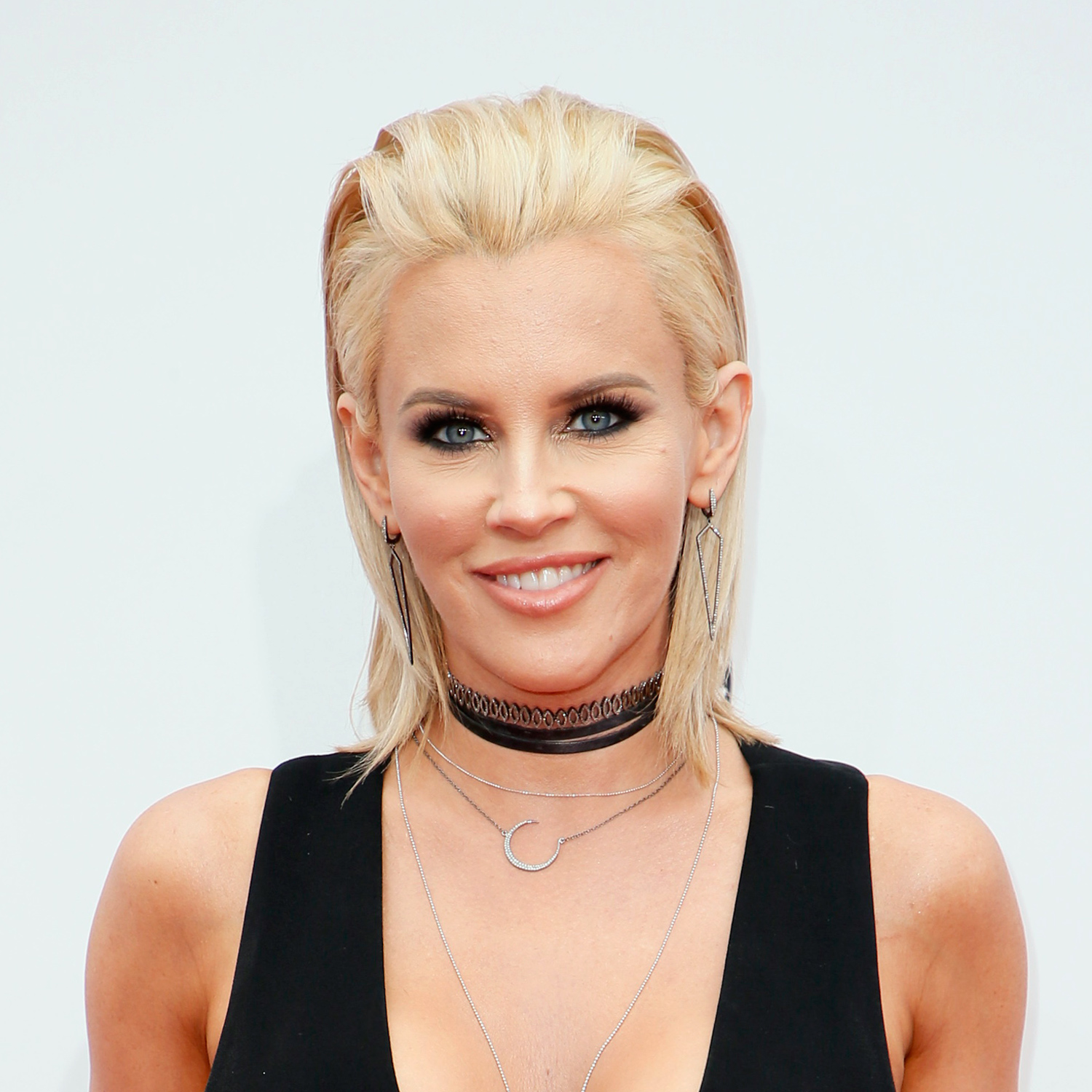Understanding Online Content: A Look At "Jenny Popach Nipple" Searches And Digital Responsibility
Detail Author:
- Name : Joey Botsford
- Username : mwillms
- Email : metz.lloyd@gmail.com
- Birthdate : 1988-08-26
- Address : 195 Georgiana Junction Suite 134 West Anjaliberg, NH 51660
- Phone : 878-801-7054
- Company : Gorczany-Kirlin
- Job : Production Planning
- Bio : Tempora earum iusto dignissimos laborum ad nesciunt et. Nostrum dolor quis tempora eos quos. Quos rerum officia nesciunt omnis excepturi. Vel quas quia et vel.
Socials
tiktok:
- url : https://tiktok.com/@jbogan
- username : jbogan
- bio : Ullam dolores qui reprehenderit eius qui sunt magnam.
- followers : 5405
- following : 1870
linkedin:
- url : https://linkedin.com/in/juanita6677
- username : juanita6677
- bio : Architecto et nihil saepe qui dolor eveniet.
- followers : 2483
- following : 1441
instagram:
- url : https://instagram.com/bogan1990
- username : bogan1990
- bio : Corrupti suscipit in perferendis asperiores. Sed debitis nesciunt nam a ut eveniet quaerat.
- followers : 4183
- following : 57
facebook:
- url : https://facebook.com/juanitabogan
- username : juanitabogan
- bio : Quae laudantium minima magni sunt.
- followers : 3634
- following : 2439
It's almost remarkable, isn't it, how certain phrases can capture so much attention online? The search term "jenny popach nipple," for instance, seems to pop up quite a bit. This kind of query, you know, often sparks curiosity about public figures and how their lives are portrayed, or perhaps, discussed, across the vast landscape of the internet. It really makes you think about what people are looking for and, perhaps, why.
When we talk about online content, especially anything related to individuals, it's pretty important to consider the broader picture. Public figures, like a Jenny Popach, often find themselves in the spotlight, and that, in a way, brings with it a certain level of public interest. Yet, that interest, you see, comes with responsibilities for everyone involved, both those creating content and those consuming it.
This discussion isn't about specific content, but rather about the act of searching itself and what that implies for our digital world. We'll explore the general aspects of online information, respecting privacy, and being thoughtful about the content we engage with. It's truly about being good digital citizens, isn't it?
Table of Contents
- Understanding Online Personalities
- Public Figures and Privacy
- The Role of Search Engines and Discover
- Navigating Online Information Safely
- Frequently Asked Questions About Online Content
- Responsible Digital Engagement
Understanding Online Personalities
So, too, it's almost like, many people today, perhaps a Jenny Popach, build their presence online. They share aspects of their lives, their talents, or their work with a global audience. This can be through social media, videos, or other platforms. It's a fairly new way of being "public," compared to, say, traditional media figures.
These online personalities, you know, can gain a lot of followers and influence. They become, in some respects, familiar faces to millions. Because of this visibility, people often search for them, looking for more information, updates, or sometimes, just a little bit of insight into their world. This curiosity, you see, is a natural part of human interaction, even when it happens digitally.
It's important to remember, however, that behind every online persona, there's a real person. Just like the various "Jennys" we hear about, from a "Jenny teacher" helping students with their studies, to a "Jenny" character in a movie or a "Jenny Cai Jianling" offering psychological insights, each name represents an individual. And individuals, quite naturally, have a right to their personal space and dignity, regardless of their public role. This distinction, between a public image and a private life, is pretty crucial to grasp.
Personal Details & Online Presence
While specific personal details about individuals like Jenny Popach are often private and not for public consumption, we can generally outline the kinds of information associated with online personalities. This table represents typical public-facing information, without revealing any private or sensitive data.
| Category | General Information (Example) |
|---|---|
| Name (Public) | Commonly used name online |
| Primary Platform(s) | Where they mostly share content (e.g., video platforms, social media) |
| Content Focus | Main topics or types of content they create |
| Known For | General area of recognition or influence |
| Year of Debut (Online) | Approximate time they started creating public content |
| Location (General) | Broad geographic area associated with their work (e.g., "North America") |
Public Figures and Privacy
You know, it's a bit of a balancing act, isn't it, when someone becomes a public figure? On one hand, their work and image are out there for everyone to see. On the other hand, they still have a right to privacy, just like anyone else. This is a very important point, especially when searches get into sensitive areas, like "jenny popach nipple."
The internet, you see, can sometimes blur the lines between what's public and what should remain private. Information, once it's out there, can spread incredibly fast. This is why, in some respects, it's so vital for us, as users, to think about the impact of our searches and the content we share. We wouldn't want, you know, our own private moments to become public discourse, would we?
Respecting boundaries is key. Even if a person is famous, that doesn't automatically give everyone permission to delve into every aspect of their personal life, especially if it's not something they've chosen to share. It's about empathy, actually, and understanding that everyone deserves a degree of personal space. This principle, you know, applies to all individuals, whether they are online personalities or someone like the "Jenny" who founded a local supermarket chain.
The Role of Search Engines and Discover
Search engines, like Google, are pretty powerful tools, aren't they? They help us find information on just about anything, including phrases like "jenny popach nipple." But it's also true that these tools are designed to surface content based on what people are looking for, and they also have policies in place to ensure a safe and respectful environment for users. They really do try to balance access with responsibility.
Google Discover, for instance, is a bit different. It's more about showing you content that it thinks you'll find interesting, even before you search for it. This can be based on your past activity, your interests, and current trends. For content to appear on Discover, it needs to be high-quality, engaging, and, perhaps most importantly, compliant with Google's content policies. This means avoiding anything explicit, harmful, or misleading. So, if you're looking for information, you know, it's typically going to be within these guidelines.
Content creators, too, have a big role here. To be found and shared, especially on platforms like Discover, their material needs to demonstrate what's called E-E-A-T: Expertise, Experience, Authoritativeness, and Trustworthiness. This means providing factual, helpful, and reliable information. It's not just about getting clicks; it's about building trust with your audience. So, for example, if you're a "Jenny teacher" sharing educational content, demonstrating your expertise and trustworthiness is key to reaching students effectively.
Navigating Online Information Safely
When you're online, especially when searching for things related to public figures or sensitive topics, it's pretty smart to approach it with a clear head. Think about where the information is coming from, you know, and whether it seems credible. Not everything you find online is accurate or, frankly, appropriate. It's a bit like sorting through a big pile of stuff; you need to know what's valuable and what's not.
Consider the source. Is it a reputable news site? Is it a personal blog? Does the information seem balanced, or does it feel sensationalized? Asking these questions, you see, can help you avoid misinformation and content that might not be helpful or even respectful. It's really about being a critical thinker, which is a pretty valuable skill in today's digital world.
Also, be mindful of your own digital footprint. What you search for, what you click on, and what you share all contribute to your online activity. Just as we might be curious about others, others might be curious about us. So, maintaining a sense of responsibility in your online actions is, perhaps, a very good idea. You can learn more about online safety practices on our site, which can really help you stay secure.
Frequently Asked Questions About Online Content
People often have questions about how online content works, especially when it involves public figures. Here are a few common ones, you know, that come up quite a bit.
What makes online content trustworthy?
Well, trustworthiness in online content, you see, usually comes from several factors. Look for sources that cite their information, have a clear author or organization behind them, and provide balanced perspectives. Content that seems overly dramatic or lacks verifiable facts, you know, might be less reliable. It's about transparency and accuracy, really.
How can I protect my own privacy online?
Protecting your privacy online is, in some respects, pretty straightforward. Be careful about what personal information you share, adjust your privacy settings on social media and other platforms, and use strong, unique passwords. Also, be wary of clicking on suspicious links or downloading files from unknown sources. It's a bit like securing your home, you know, you take precautions.
What are the ethical considerations when sharing content about others?
Ethical considerations are very important. Before sharing content about someone else, especially if it's personal or potentially sensitive, consider if you have their permission, if it respects their privacy, and if it could cause them harm. Just because something is available online, you know, doesn't mean it's right to share it. Think about how you'd feel if the roles were reversed. It's about empathy and respect, really.
Responsible Digital Engagement
At the end of the day, our interactions online, including what we search for and how we engage with content, reflect on us. When we encounter search terms like "jenny popach nipple," it presents an opportunity, perhaps, to pause and consider the broader implications of our digital behavior. It's not just about finding information; it's about how we contribute to the online environment.
Being a responsible digital citizen means making thoughtful choices. It means understanding that every click, every share, and every search has an impact. It's about recognizing the humanity behind the screen, whether it's an online personality or someone else entirely. We can all contribute to a more respectful and safer online space, and that, you know, is a pretty powerful thing. For more related information, you might find this page helpful: Understanding Digital Footprints.
It's genuinely about building a better internet for everyone, one where privacy is respected and information is consumed with care. So, next time you're online, just take a moment, you know, to think about the kind of digital world you want to help create. It truly makes a difference.

Jenny Dell Salary: How Much She Earns In The "wmt3-1-0041" Niche

Jenny McCarthy - Page 3

Jenny mccarthy attends 2005 world music awards los angeles picture hi